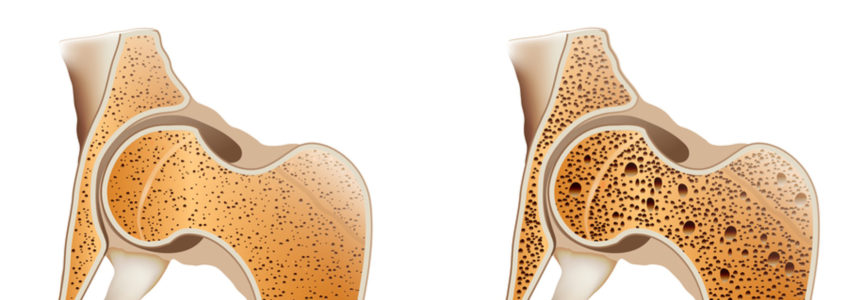
If your elderly family member has a family history of osteoporosis she’s more likely to deal with it herself, but the diagnosis might still throw her for a loop. The best plan for managing osteoporosis is one that your senior is able to stick with over time. Keeping things simple is usually best.
Talk to Her Doctor
Your senior’s doctor is the place to start, either when you already know she’s dealing with osteoporosis or when you’re getting a diagnosis. Her doctor can run some tests for her, including bone density tests, and determine the best way to go forward. This is a really important first step so that you’re operating from an accurate starting point. All of the tests afterward will help you to see how well the plan is working.
Work out a Plan for Medications
Medications may be part of how your elderly family member deals with osteoporosis moving forward. Some of those medications may be over-the-counter supplements, like vitamin D or calcium, while others may be prescription medications. Your senior may or may not feel comfortable with some of the prescription medications available. Make sure she has a choice and that she understands her options.
Determine an Exercise Plan
Exercise is one of the first recommendations that your senior’s doctor is likely to make. Weight-bearing exercise helps to make her muscles stronger, but it also improves bone strength. This can be a powerful tool for your elderly family member, especially if she’s choosing to deal with osteoporosis through diet and other “natural” methods. Find out from her doctor what types of exercise are best for her. Strength exercises, like lifting weights, can be helpful, but so too can cardio exercises like walking and flexibility exercises like yoga.
Make Sure She Has the Help that She Needs
Your senior can do all of this, but maybe not alone. It’s especially important to make sure she has help if she’s facing a lot of changes to her daily routine. Help with meal preparation can also be important. Home care providers can take on a lot of those challenges, leaving your senior more mental and physical energy to do all the right things for herself.
Osteoporosis doesn’t have to mean that your senior is too fragile to live her life on her own terms any longer. Do what you can to help her to be as strong as she’s always been.
If you or someone you know needs hiring Home Health Care in Fairmont MN, contact Adara Home Health Care. We provide quality and affordable home care services for many fragile or senior members in the communities we serve.
Call us at (888) 660-5772 for more information.

